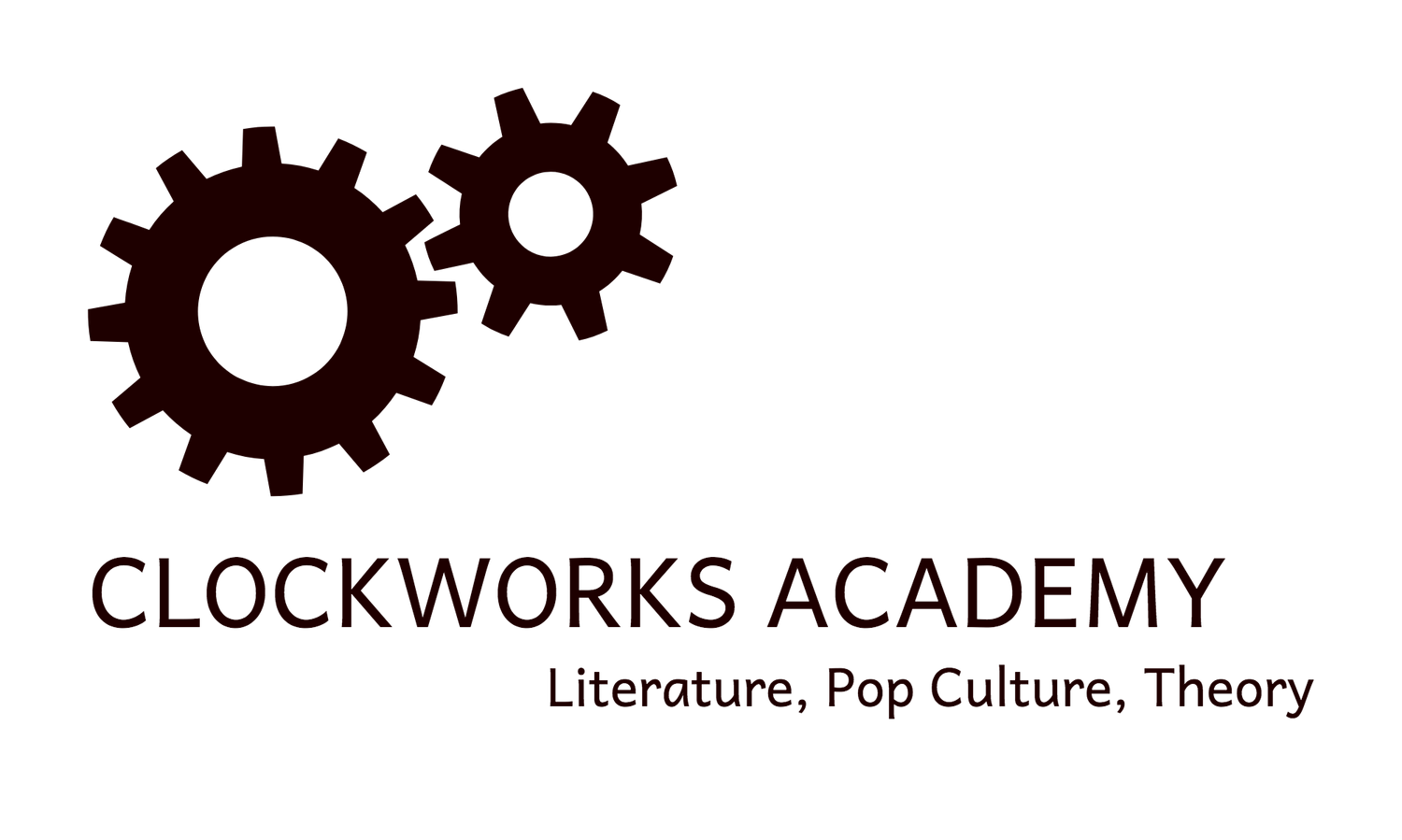The Great Vowel Shift
If you've ever pondered the intricacies of the English language and its historical development, you may have come across the term "Great Vowel Shift." This linguistic phenomenon serves as a significant marker distinguishing Middle English from Modern English. In fact, it stands as one of the major factors setting the two apart. In this article, we'll delve into the fascinating world of the Great Vowel Shift, exploring how it transformed the way we speak and write.
Before we dive into the nitty-gritty details of this linguistic shift, let's clarify what we mean by vowels. In English, we commonly recognize five vowels: A, E, I, O, U, and sometimes Y. However, as we'll discover, the number of vowel sounds in English is greater than these five letters. Vowel sounds don't always align neatly with the alphabet's letters; they can be diverse and complex.
The Complexity of Vowel Sounds
Consider the letter A, for instance. It represents different vowel sounds in words like "face," "nap," "ball," "water," and "across." These are five distinct vowel sounds all represented by the same letter. The situation is similar with other vowels – one letter, multiple sounds.
But let's take a step back from letters and examine the vowel sounds themselves. Long ago, you might have learned about short and long vowels in English. Short vowels include:
"A" as in "bat"
"E" as in "bet"
"I" as in "bit"
"O" as in "bot" (think robot)
"U" as in "but"
The lesser-known short vowel, the schwa (represented by ə)
Long vowels, on the other hand, are the ones that "say their name." You probably learned them like this:
"A" as in "bait"
"E" as in "beat"
"I" as in "bite"
"O" as in "boat"
"U" as in "boot"
However, English isn't always as straightforward as it seems. While these distinctions may have made sense in the past, modern English has evolved, and these classifications don't hold the same weight.
The Great Vowel Shift Unveiled
Now, let's delve into the heart of the matter – the Great Vowel Shift itself. While short vowels remained relatively consistent over time, all long vowels underwent significant changes. This shift took place during the transition from Middle English to Modern English.
To better understand this transformation, let's examine some long vowels before and after the Great Vowel Shift:
Before the shift:
"A" sounded more like "ah" (similar to the vowel in "bought").
"I" was pronounced differently from the short "i" sound but not as "ee" as we say it today.
"O" was closer to "oh."
"U" had a distinct sound, more like "oo."
After the shift:
"A" shifted towards the "ay" sound in Modern English.
"I" became the "ee" sound we're familiar with today.
"O" shifted closer to the modern "o" sound.
"U" moved towards the "oo" sound we use today.
The diphthongs "ai" and "oi" also transformed during the Great Vowel Shift. For instance, "ai" went from being pronounced like "ai" in "bide" to sounding like "ee" in "beet."
As you can see, the Great Vowel Shift resulted in a significant reconfiguration of vowel sounds in the English language. While it might seem complex, understanding these changes provides insight into the evolution of English pronunciation.
The Role of Consonants
While the focus of the Great Vowel Shift is on vowels, it's worth noting that consonants also underwent shifts during this period. Some consonants that were once pronounced in Middle English are now silent in Modern English. This is partly due to the timing of the standardization of English spelling, which occurred during or just before the Great Vowel Shift. As a result, many English words contain silent letters, which can make spelling and pronunciation tricky.
In contrast, Middle English had no silent letters, whether vowels or consonants. If a letter was written down, it was pronounced. This characteristic adds an interesting layer to the historical development of English, highlighting the importance of spelling standardization in shaping the language.
Wrapping Up the Great Vowel Shift
In conclusion, the Great Vowel Shift stands as a pivotal moment in the history of the English language. It reshaped the way we pronounce and spell words, leading to the distinctions we recognize in Modern English today. While the details of the shift can be complex, they offer valuable insights into the language's evolution.
If you're intrigued by the rich history of English and want to delve deeper into its linguistic transformations, consider joining our Clockworks Academy's "History of the English Language" course. It's a journey through time and language that will provide you with a deeper appreciation of the words we use every day. Sign up today and embark on this captivating exploration of the English language's past.
Don't miss this opportunity to uncover the secrets behind the words you speak and write. Join us on this linguistic adventure and gain a newfound understanding of the ever-evolving English language. Sign up now!
